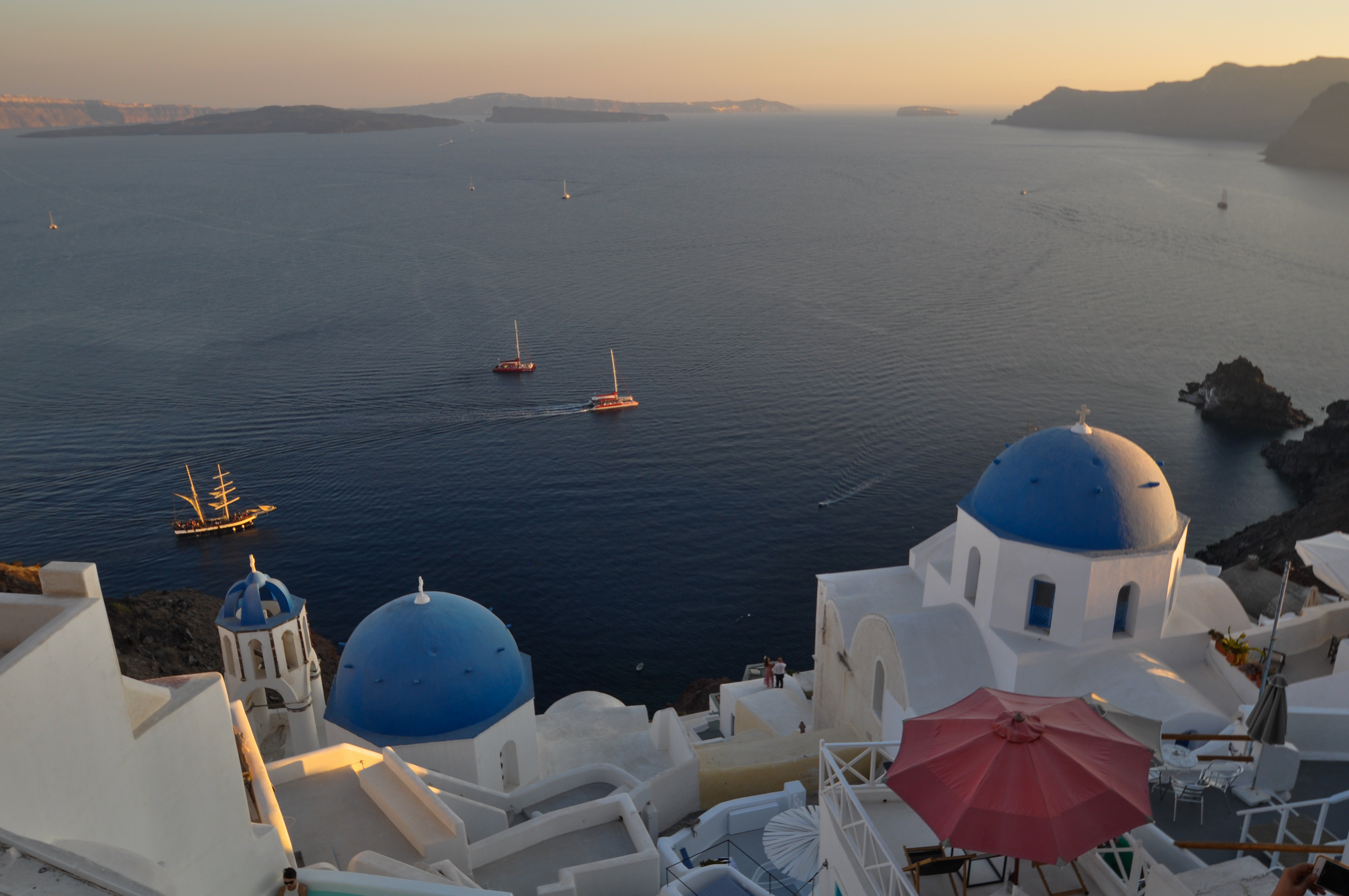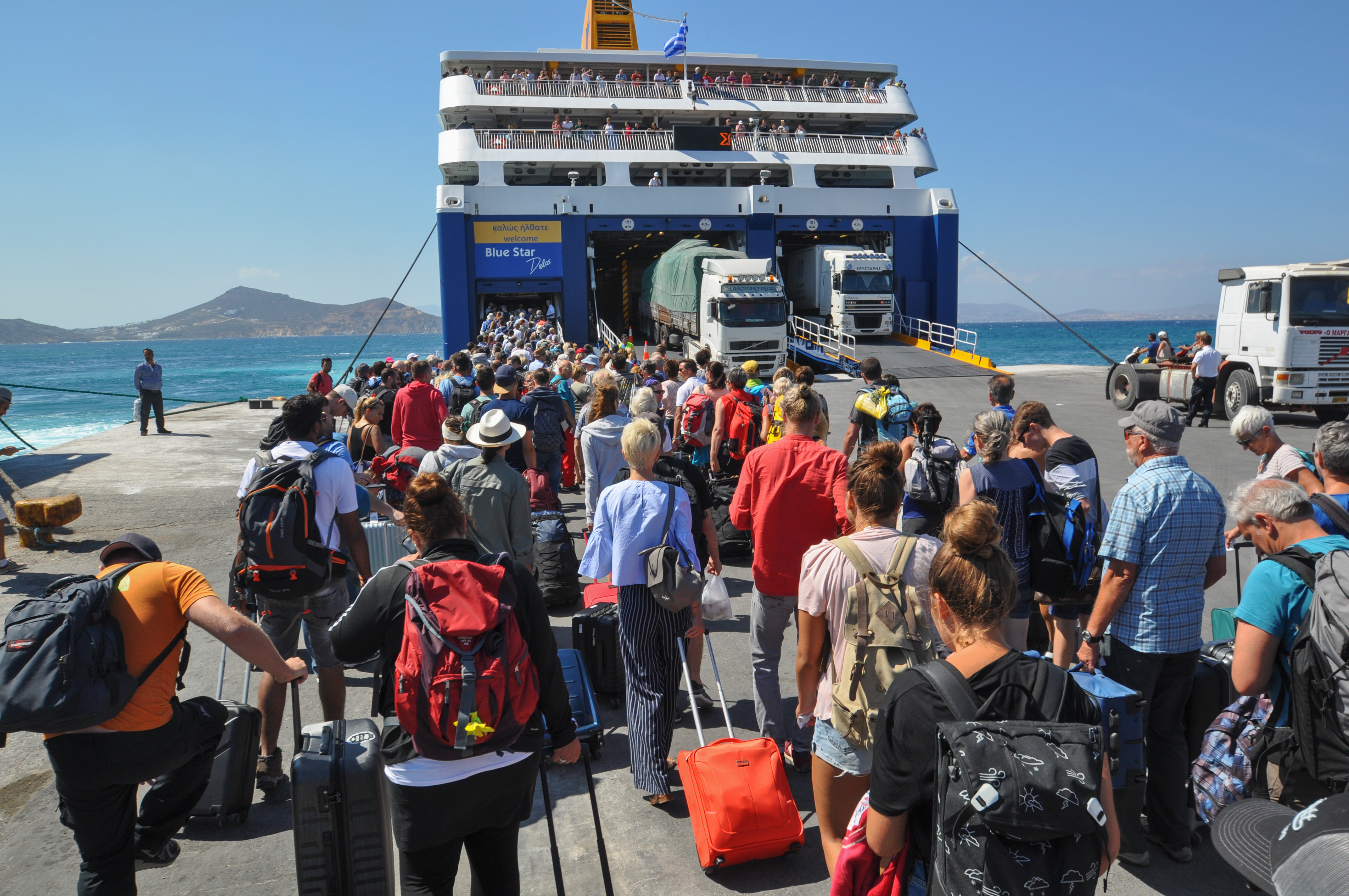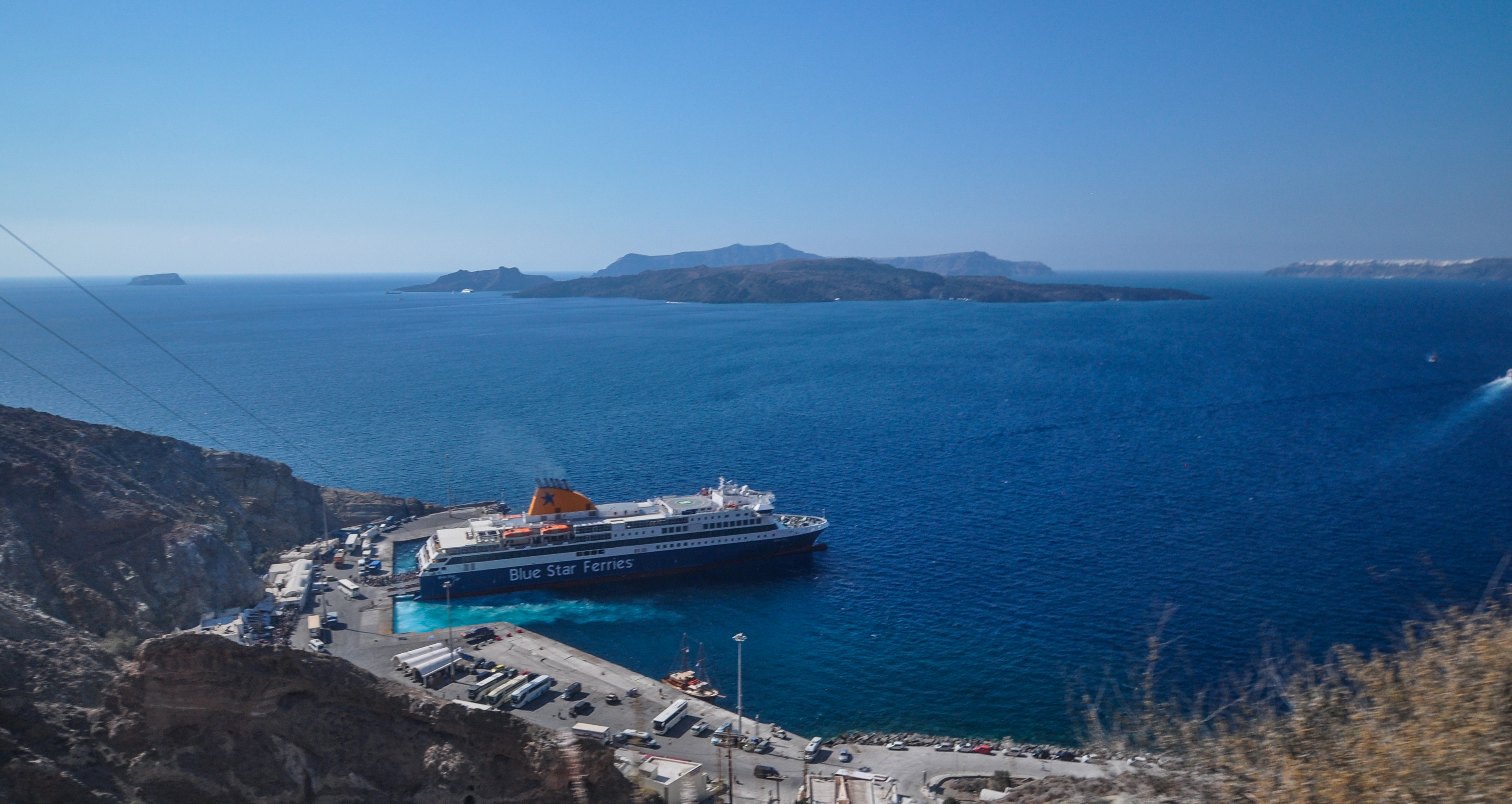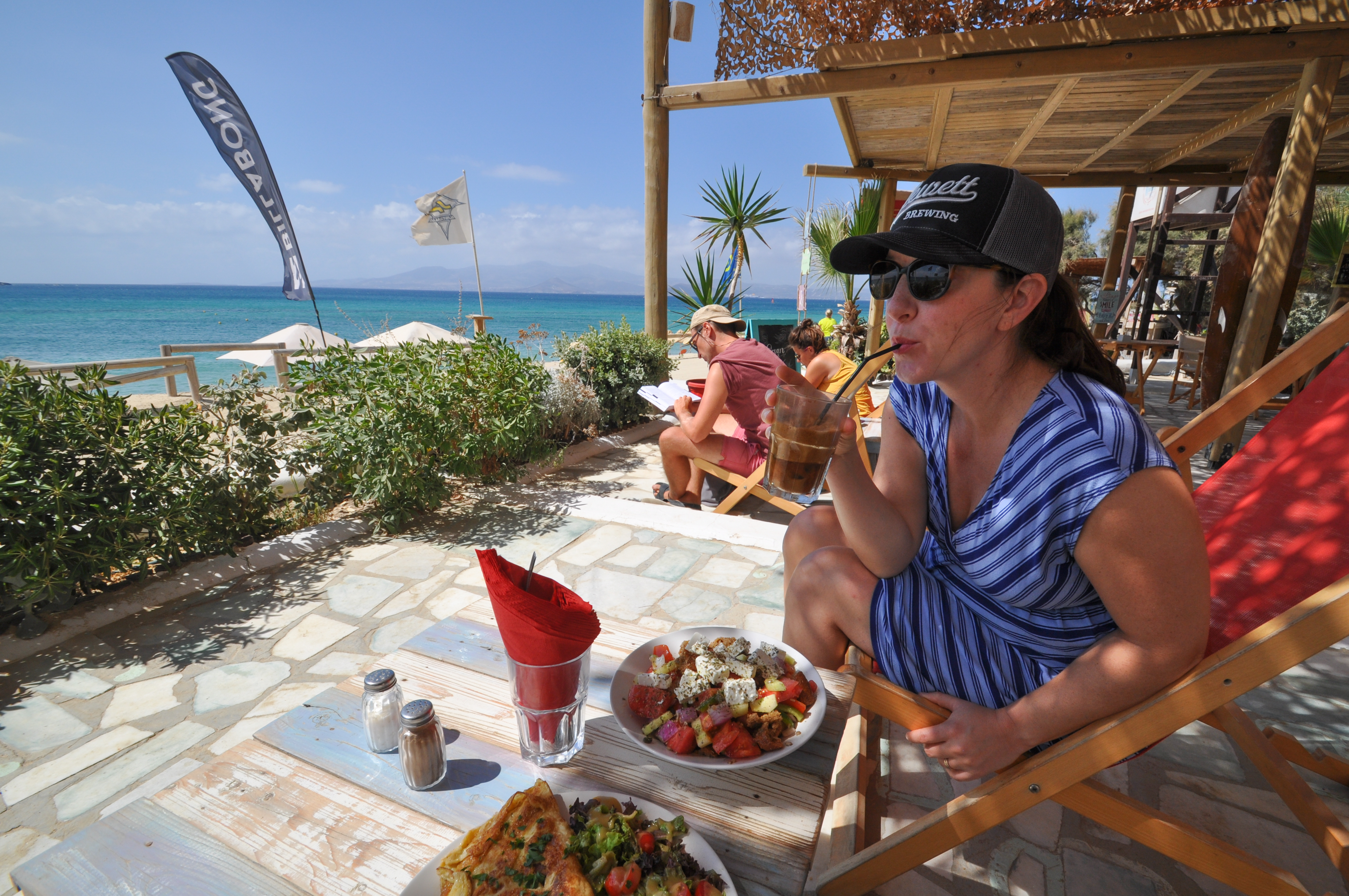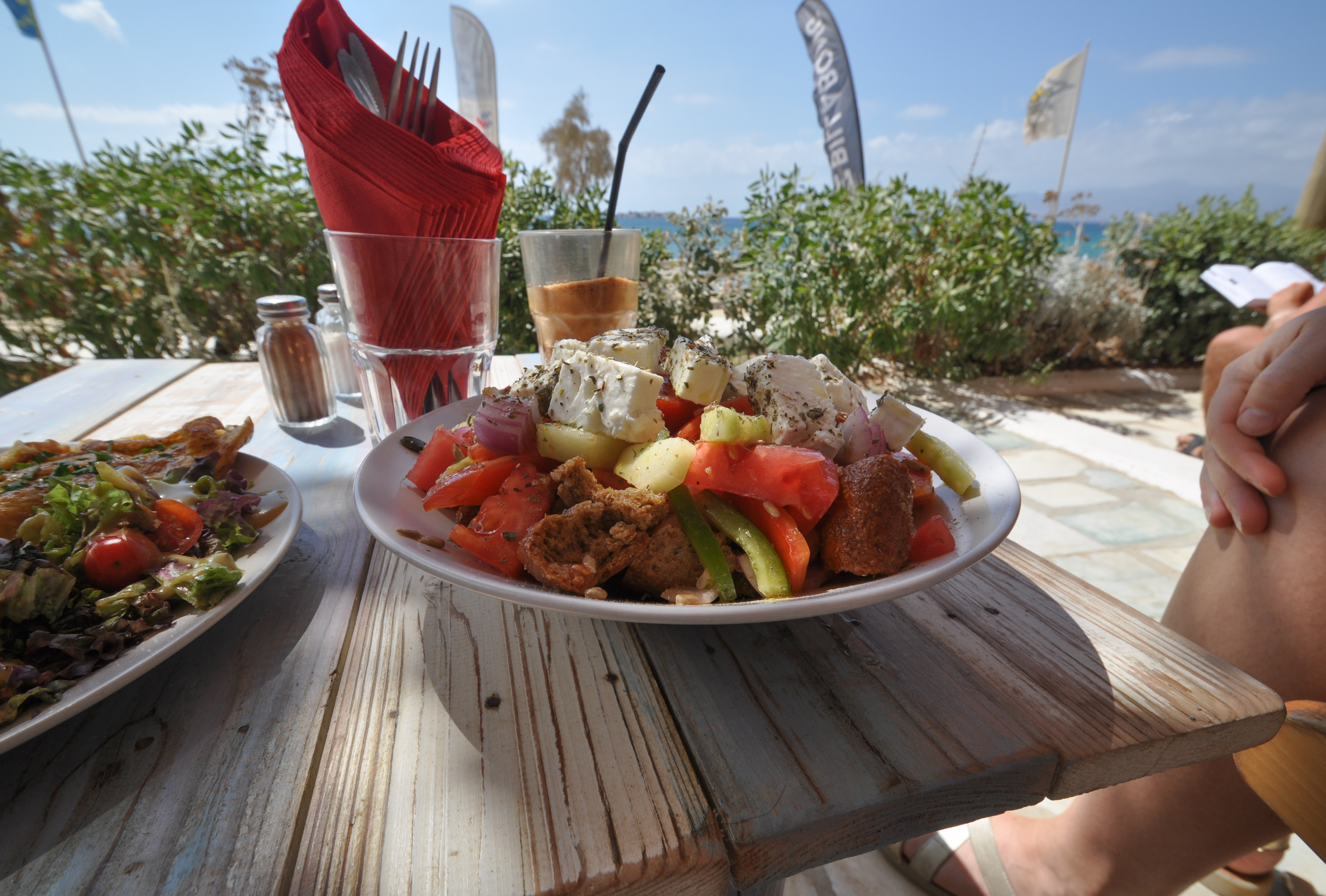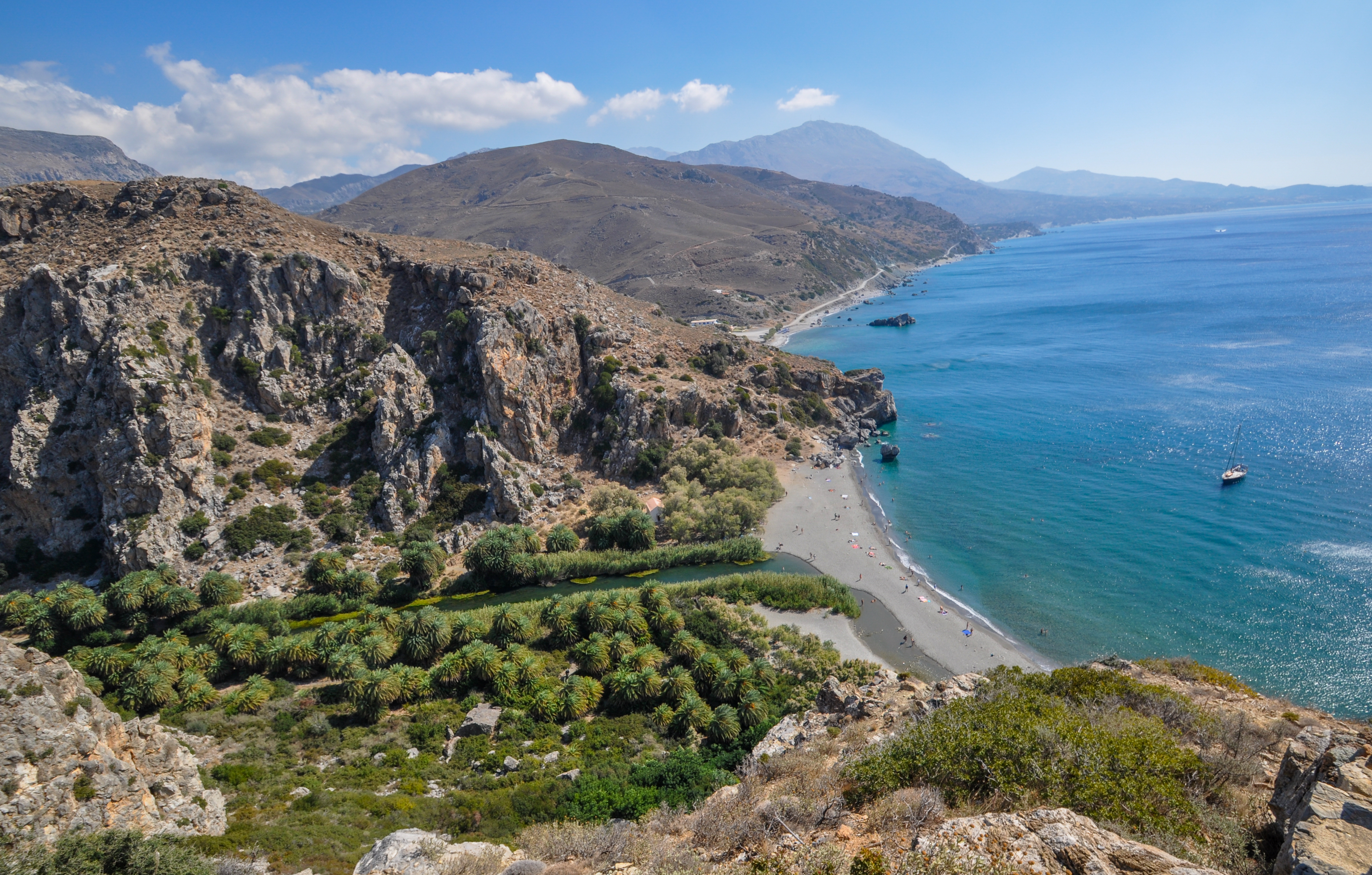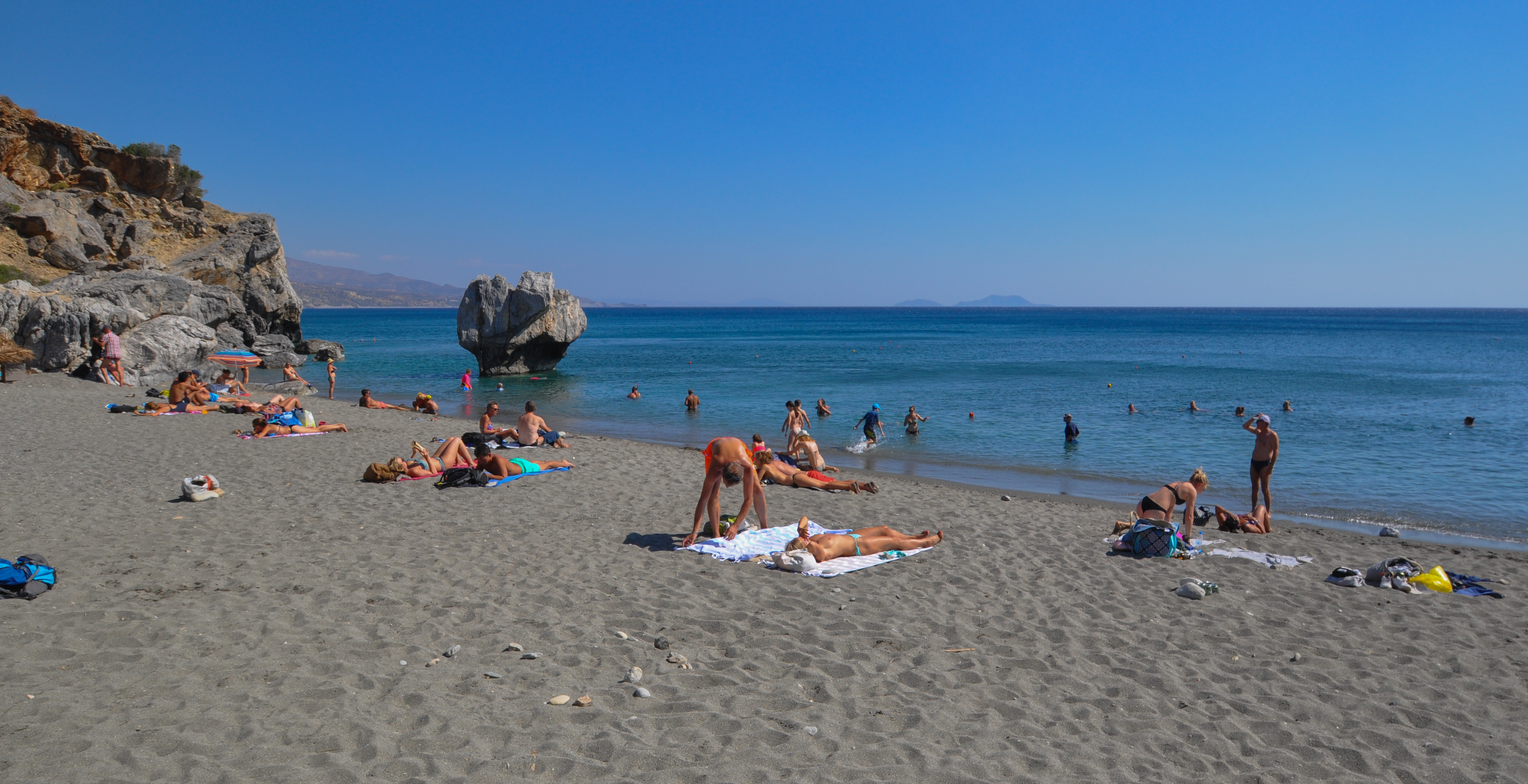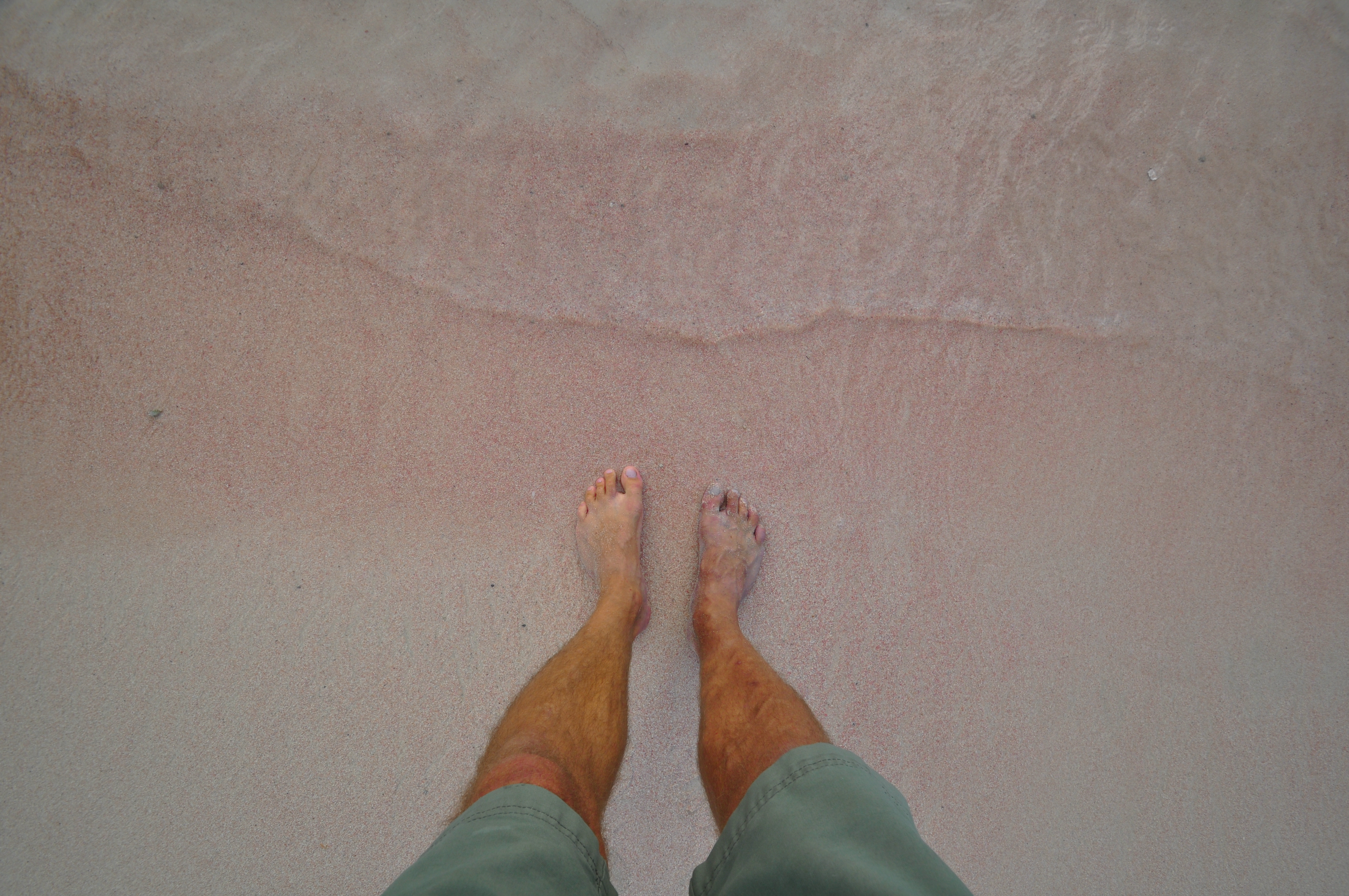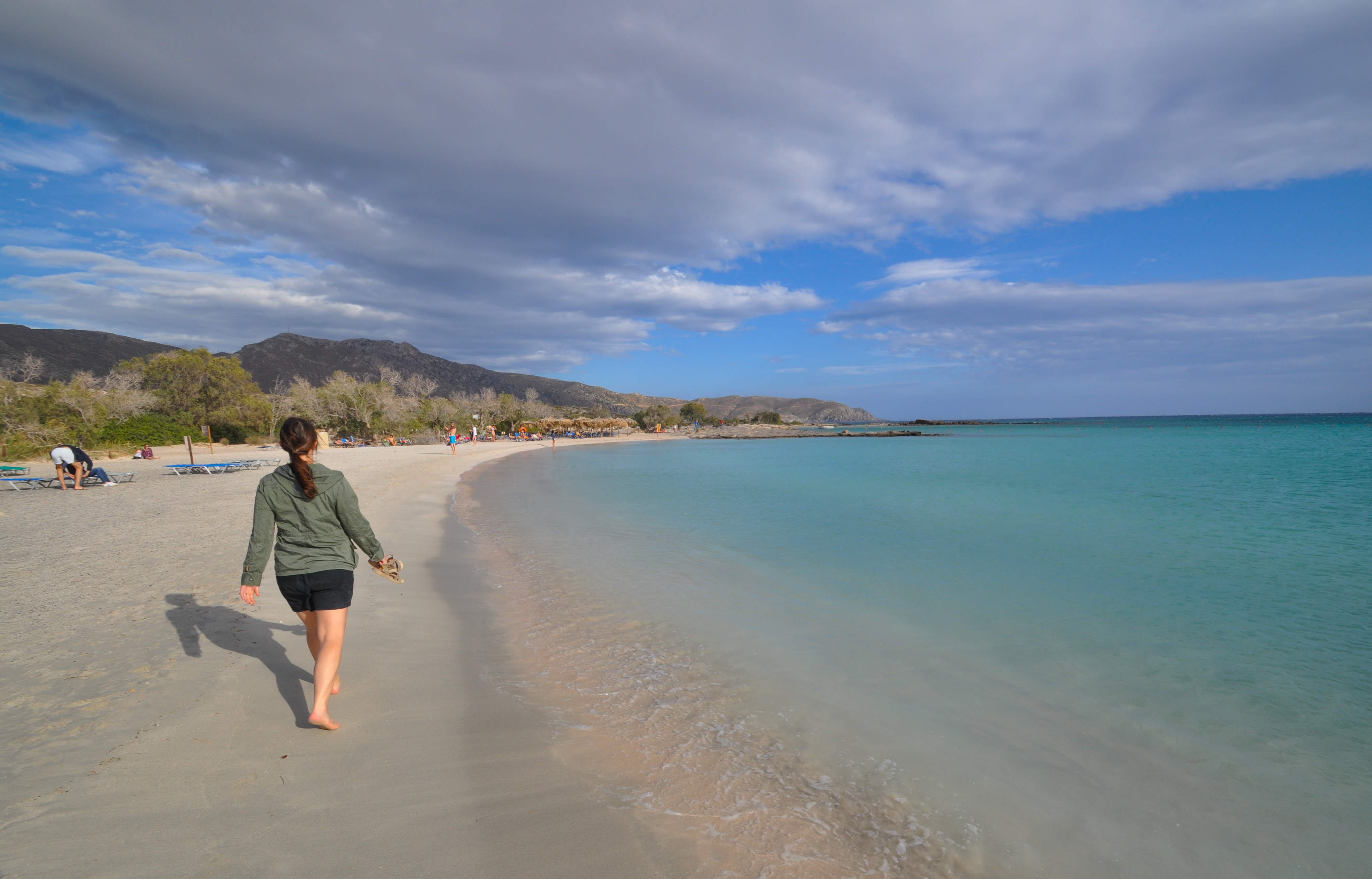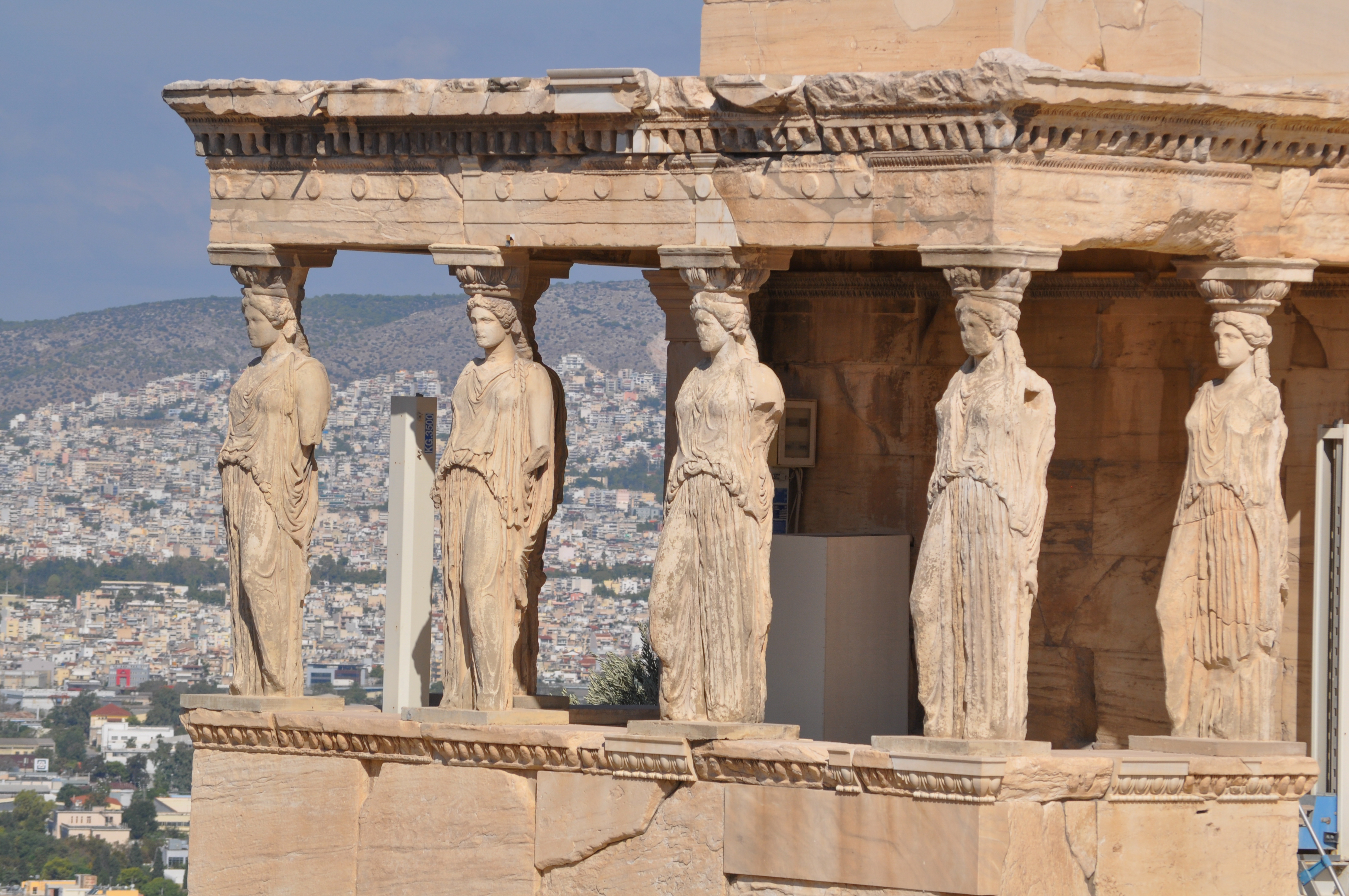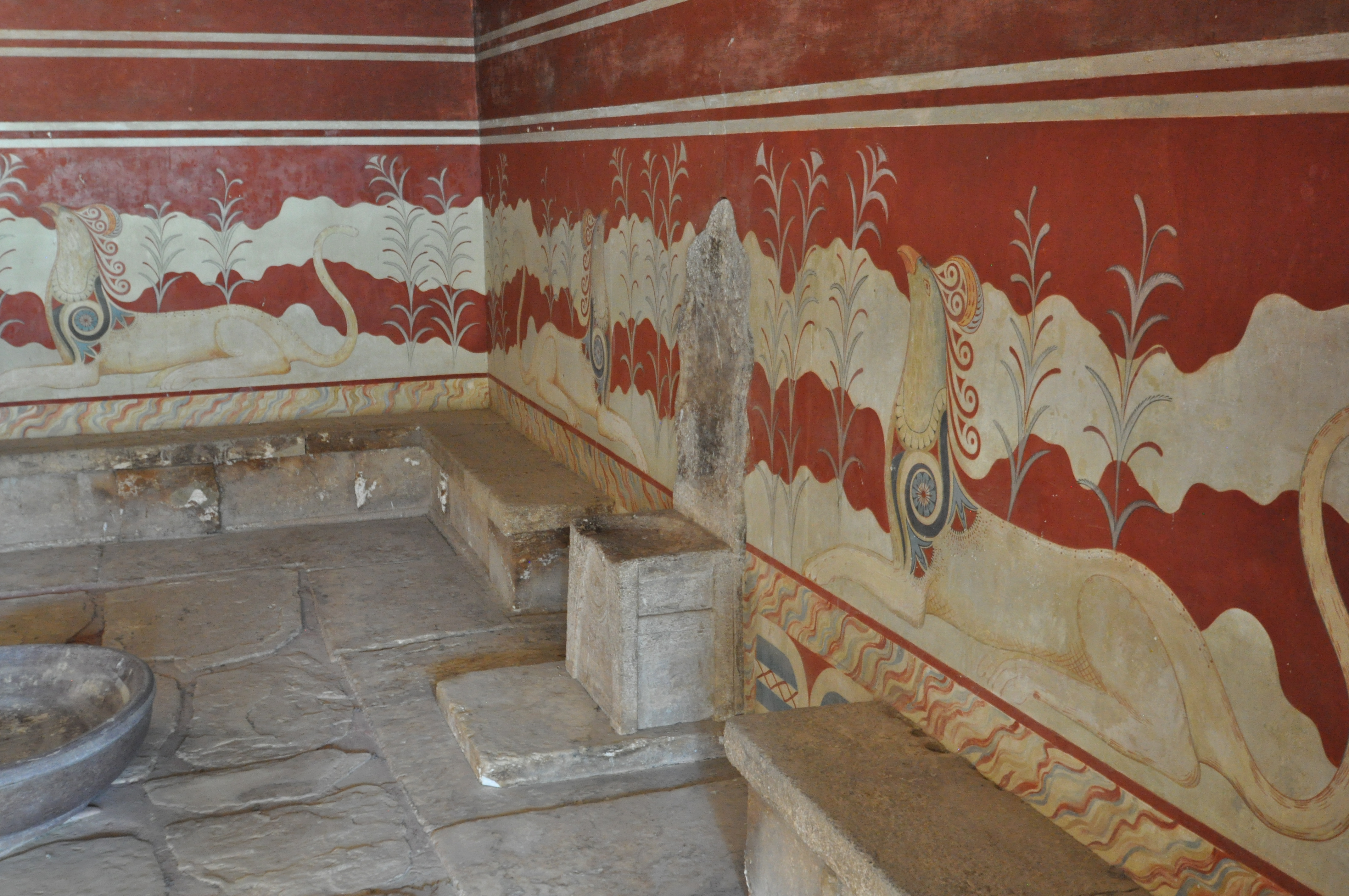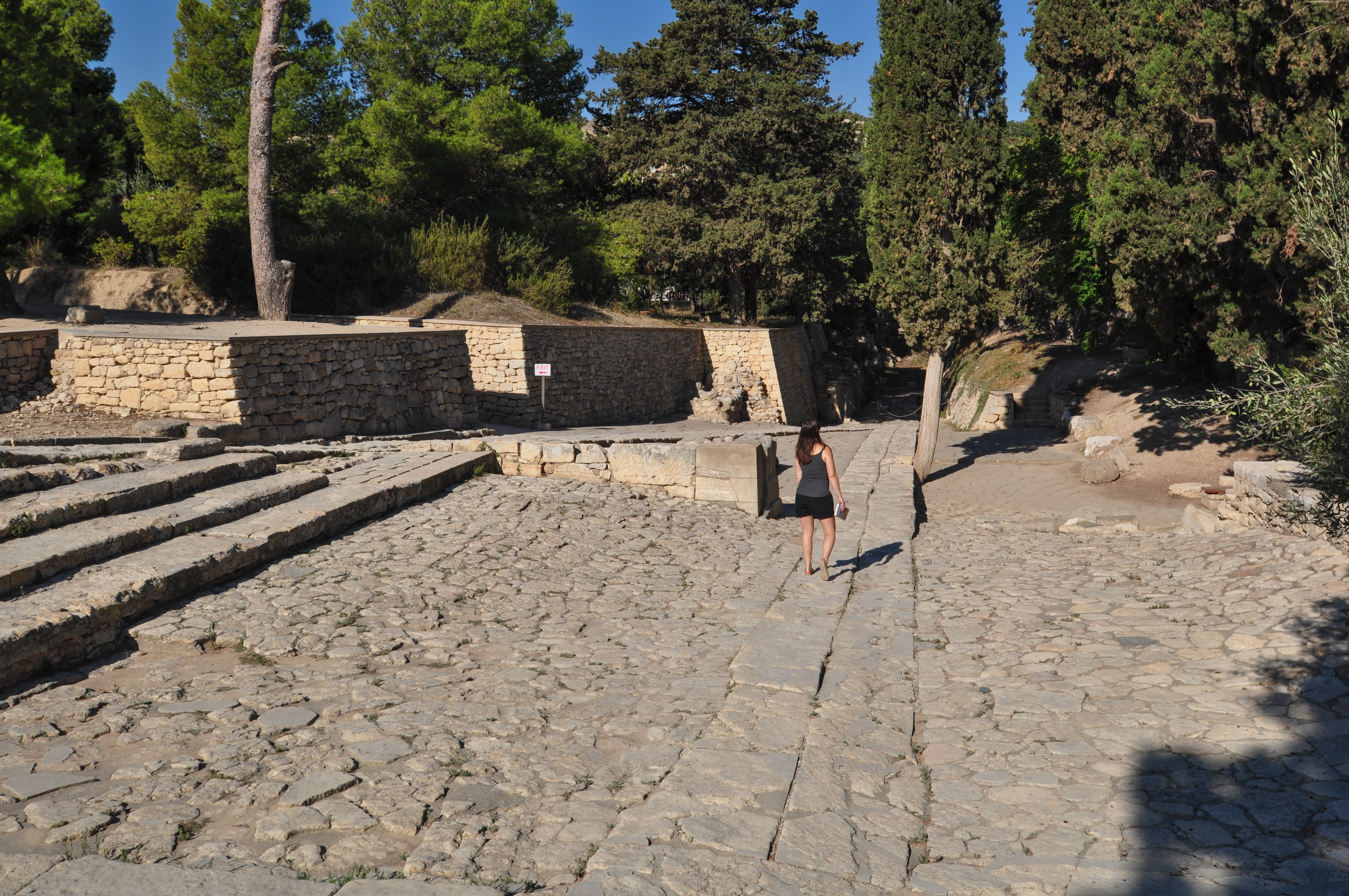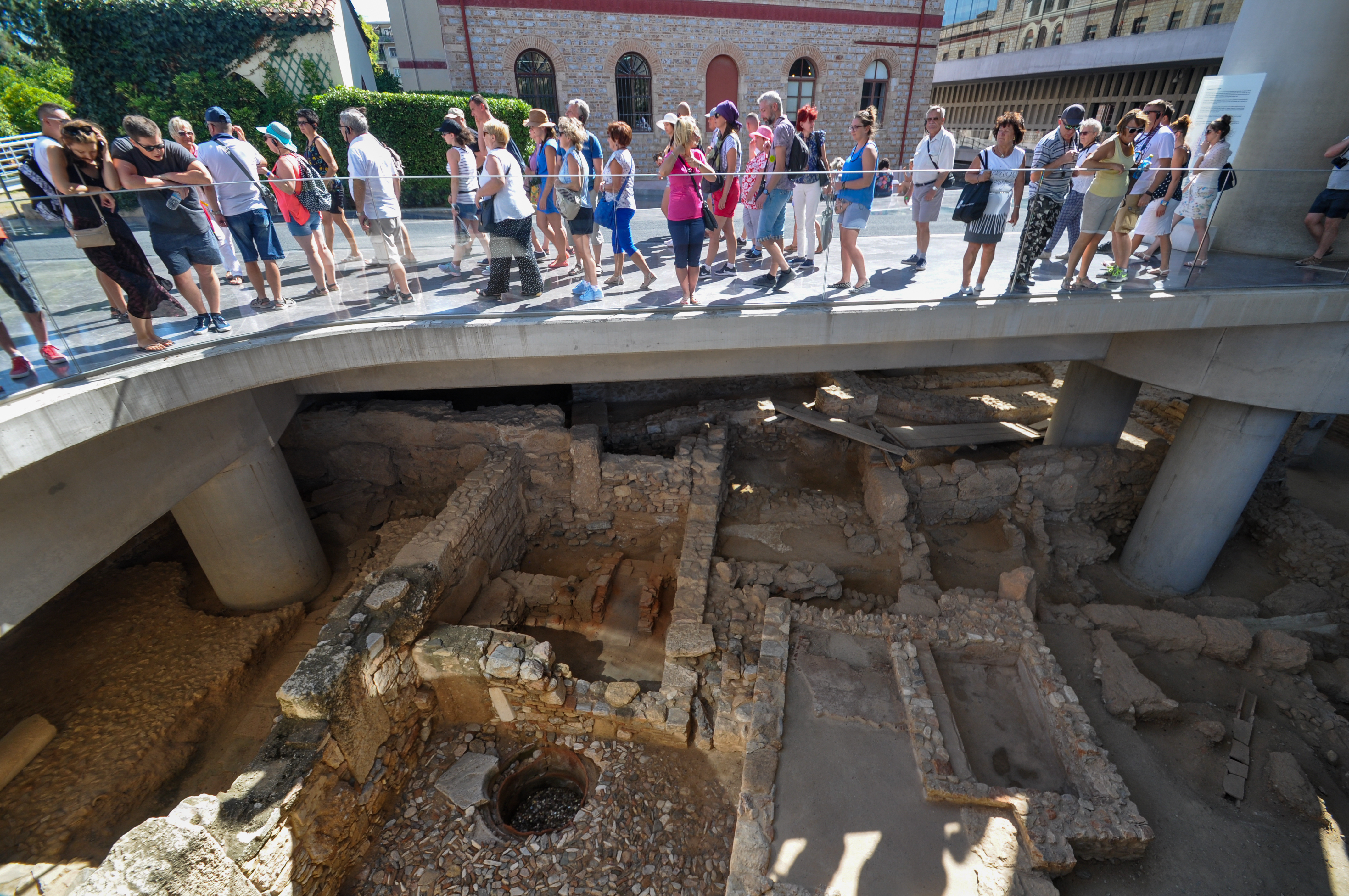Exploring the famous islands in Greece is been a trip I’ve had earmarked as a “special occasion” destination for more than 20 years. With a new baby on the way (arriving in January!) we decided it was a good enough reason to finally schedule a vacation to the heart of Western civilization.
The islands south of Athens are renowned for two types of people: backpackers wanting to party and drink their way across the Cyclades, and those searching for relaxing beach getaways.
You can guess which camp we fell into – the party group of course! (kidding).
Turns out, Greece made the perfect destination, because there are a handful of things the Greeks do really, really well.
The Greeks Know How to Do Ferries
Growing up around Seattle, I thought the ferries were pretty bad ass. But the jumbo ferries that transport people and vehicles around Washington don’t hold a candle to those in Greece.
Hopping between islands is a breeze – in large part thanks to a vast network of enormous ferryboats. Many are the size of cruise ships and felt like small floating cities. Others are high-speed catamarans that ply the waters with lightning speed.
Booking them is a breeze (online or through travel agencies – it’s all the same price. Our favorite site was ferryhopper.com). Usually there are several per day to popular ports and the big boats rarely fill up except during the high season.
For a pregnant lady looking for a smooth sail, the big ships were a joy.
The Greeks Know How to Do Food
No kidding, the most popular attractions in Greece aren’t the sights, but the food.
Whenever we weren’t sure what to do with our time, there were always plates of lamb-something-or-other or maybe some yoghurt smothered goodness or crisp 10,000-calorie salad drizzled in olive oil to pig down.
There were times when it felt like we were simply migrating from one eatery to the next, only using the smallest amounts of energy to make it to the next fill up point. One time on Crete, we even went two hours out of our way to find a village that specialized in lamb roasted on an open fire. At beach locations, seafood like steamed muscles, octopus and fresh fish were the norm.
Tavernas are abundant – family run open air restaurants dotting beaches and mountain towns alike. All the menus were in English so it wasn’t a guessing game as to what you’re going to get.
When I think of Greece years from now, the image of lounging in a beach chair stuffing myself with delicious Greek food will probably be the thing that pops to mind first.
The Greeks Know How to Do Beaches
“Skip the mainland and head to the islands” was the advice we heard before leaving. Most visitors arrive via Athens, so after a quick day at the Acropolis (one of the wonders of the world, and a must see), hop on a ferry for the sublime islands.
Much to my surprise, most of the popular islands are rugged and rocky without a single tree in sight. Little beach coves dot the islands – some are pebbly and some with fine beautiful sand making it feel like the quest is to find the most iconic beautiful beach is your mission.
Almost everywhere there’s a decent beach, a small (or sometimes large) tourist town rings the shore so it’s just a matter of finding your beach zen and plopping down for a day or a week.
When you’re pregnant, lots of activities are off the list (no SCUBA diving, no skydiving, no 4X4 adventures), but anyone can find the strength to lounge on a beach or float in the brilliant blue sea.
The Greeks Know How to Do Old Things
One of the things you can do while pregnant is wander around old ruins.
The famous Acropolis is ground zero for Western civilization (theater, civics, art, politics). The ruins of Knossos on Crete are so old, they were ancient before Jesus was born (it’s where the legendary Minotaur was kept locked in a labyrinth). Practically every island, practically every town has some old pile of rocks that represents a major archeological find.
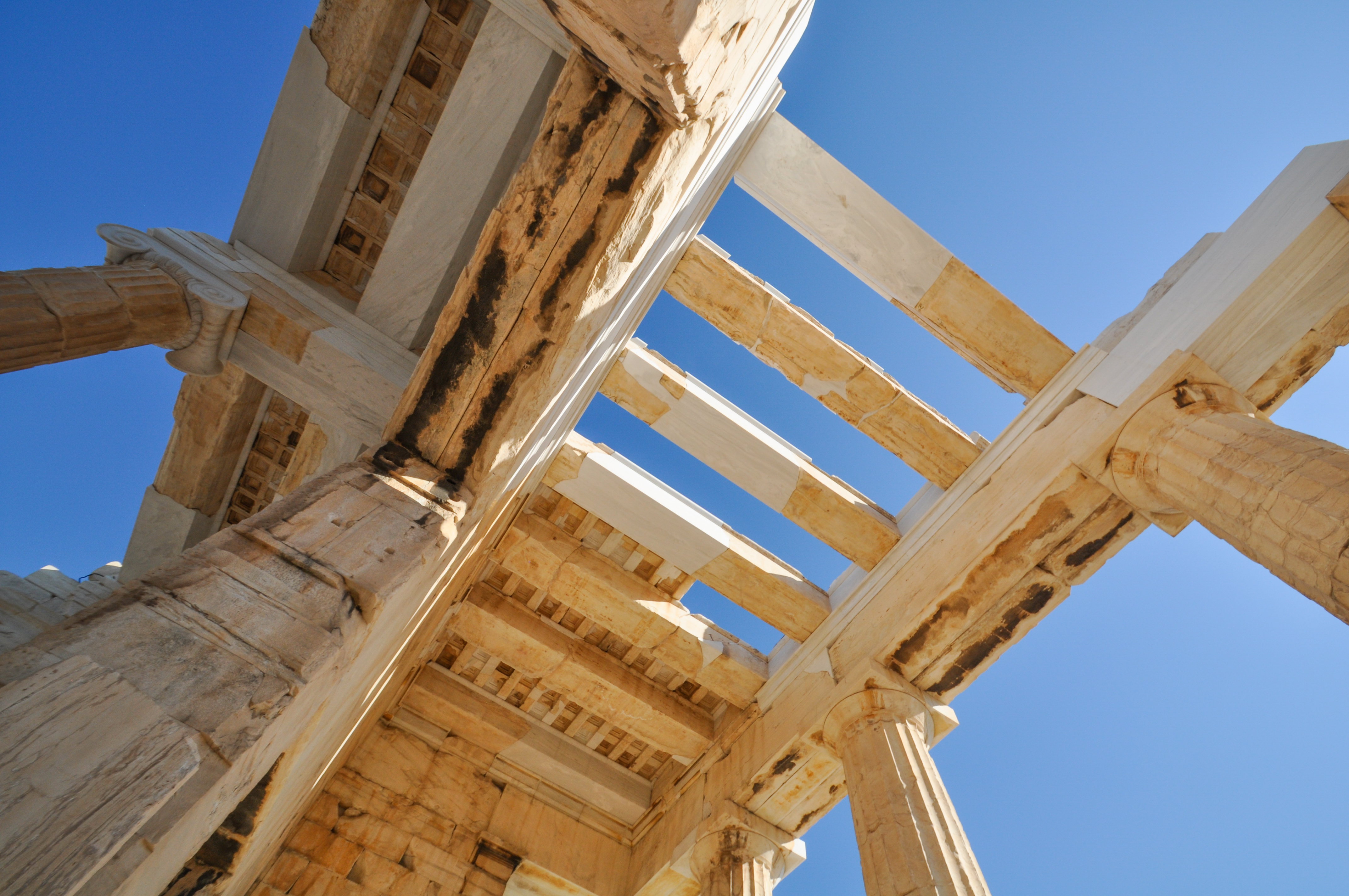
Painstaking efforts have been made to piece the Acropolis back together – you can seen the newer white stone mixed with the older marble
Athens is dotted with ruins in random places, like the Roman baths that were discovered during a street expansion. Just wander around town and you’ll stumble upon an ignored find that would be a national park anywhere else.
